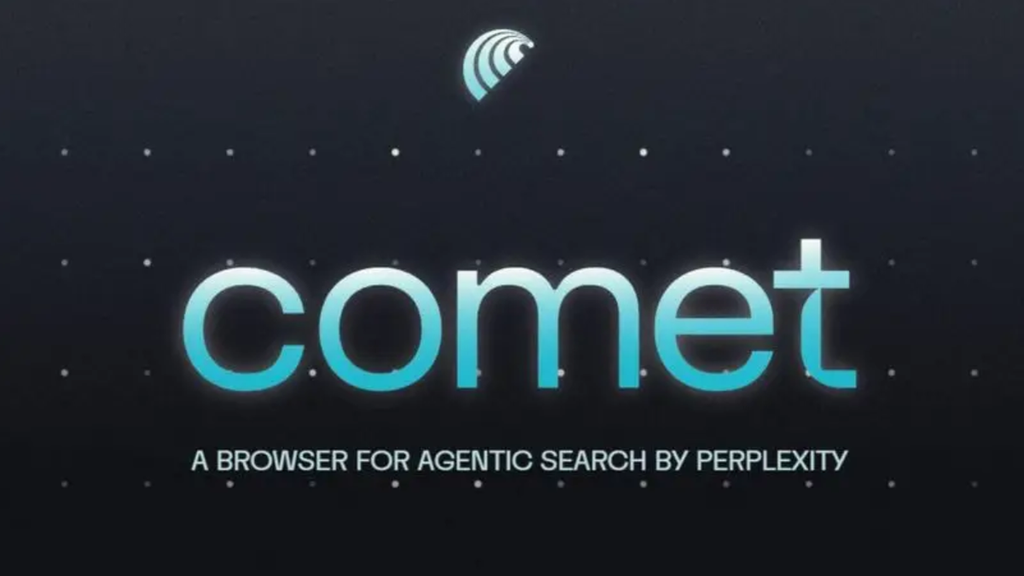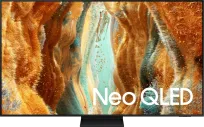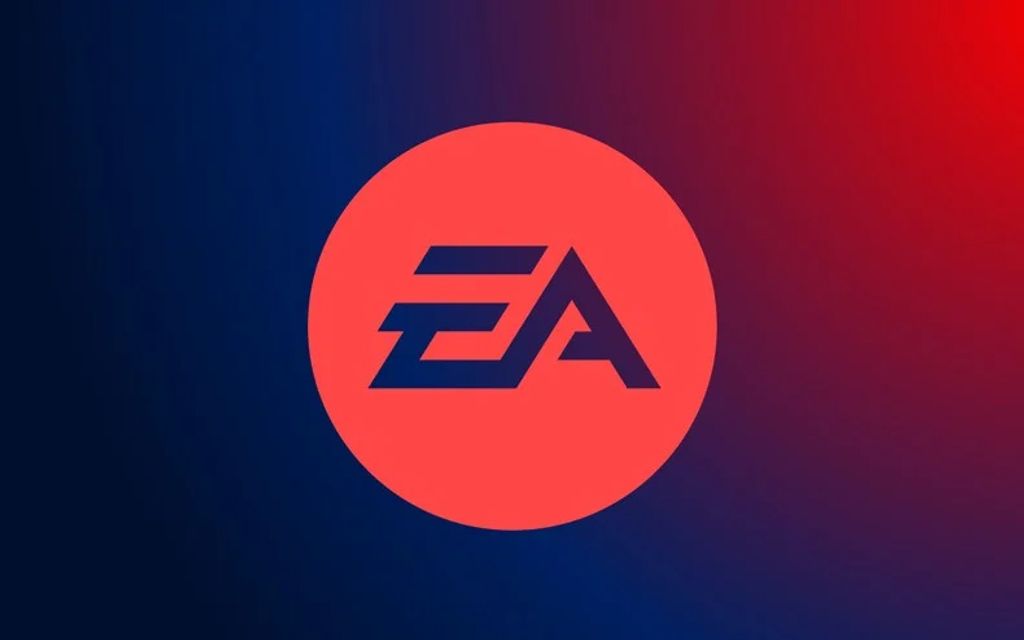
A new player has emerged in the browser market - Comet from Perplexity. This is not just another Chrome overlay with a bot in the background. Comet is a browser built from the ground up with artificial intelligence in mind. And this is the kind of AI that not only answers questions but can also send emails for you, close tabs, or unsubscribe you from newsletters.
The project is backed by Perplexity - a startup supported by Nvidia, which is now openly challenging Google's dominance in searching and browsing the web. Comet uses its own AI "response engine" rather than classic Google results. Instead of a page of links, you get a direct answer and sources.
How it works and how it differs from Chrome?
Comet is based on the Chromium engine, which is the same foundation as Chrome or Edge. But instead of the Google search engine, at the center we find the Perplexity Answer Engine – based on GPT-4o models, Claude 4, and the proprietary Sonar.
What can it do? Comet can summarize an article, describe an image, analyze a YouTube video, and even create a collective summary of all open tabs. Additionally – through the Assistant button in the corner of the browser – you can assign specific tasks to the AI agent. This is not about conversation, but about actual actions taken on your behalf.
Example? Just say: “take control of my browser and publish a post on LinkedIn”, and Comet will try to do it – of course with your consent and after logging into the appropriate account.
Should Google be worried?
For now, Comet is only available to Perplexity Max subscribers and users on the waiting list. But the company is considering a free version – with paid premium features. In May, Perplexity recorded 780 million searches, which, compared to Google's 5 trillion annually, still looks like a drop in the ocean. On the other hand – a 20% month-over-month growth is a pace that should raise concerns in Mountain View.
Moreover, the startup is in talks with smartphone manufacturers to have Comet pre-installed on new devices. And if Google is forced to spin off Chrome as a result of the antitrust case in the U.S. – the doors could swing wide open.
 Katarzyna Petru
Katarzyna Petru













